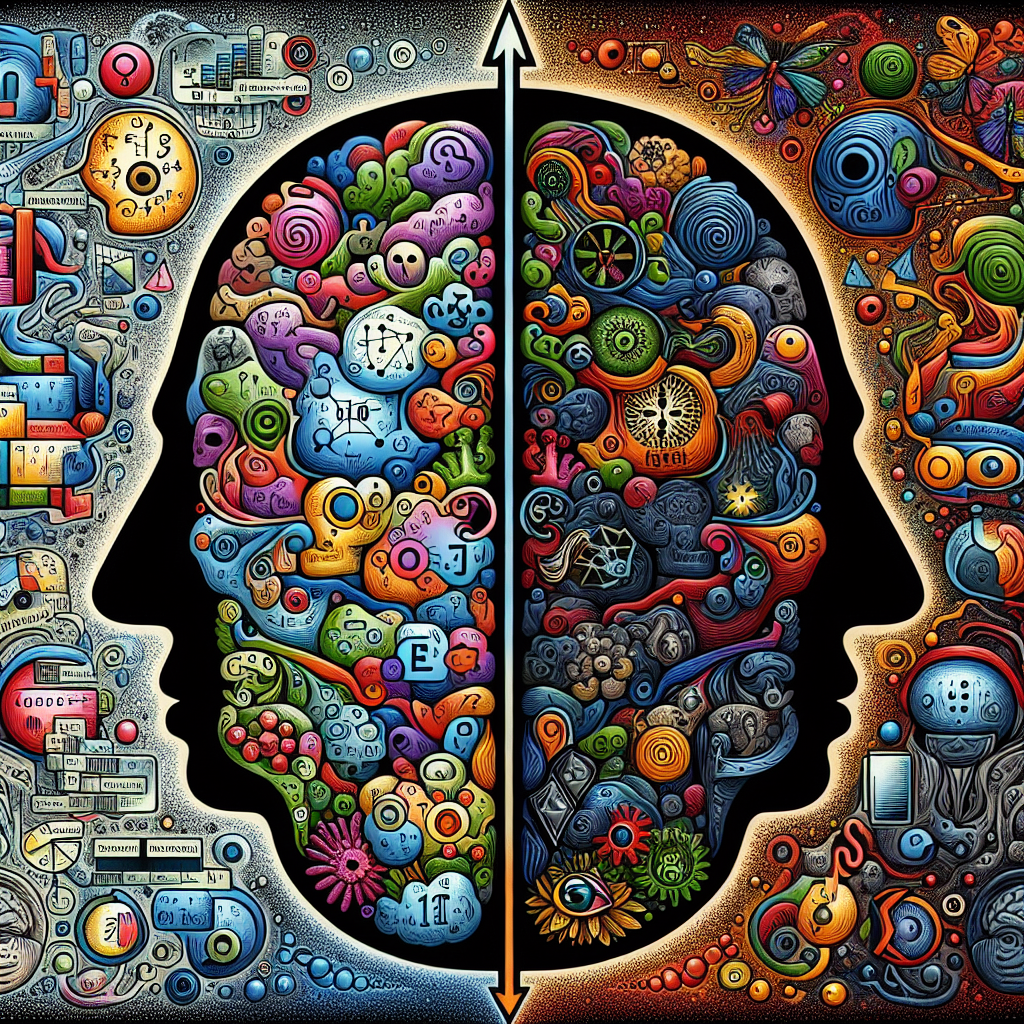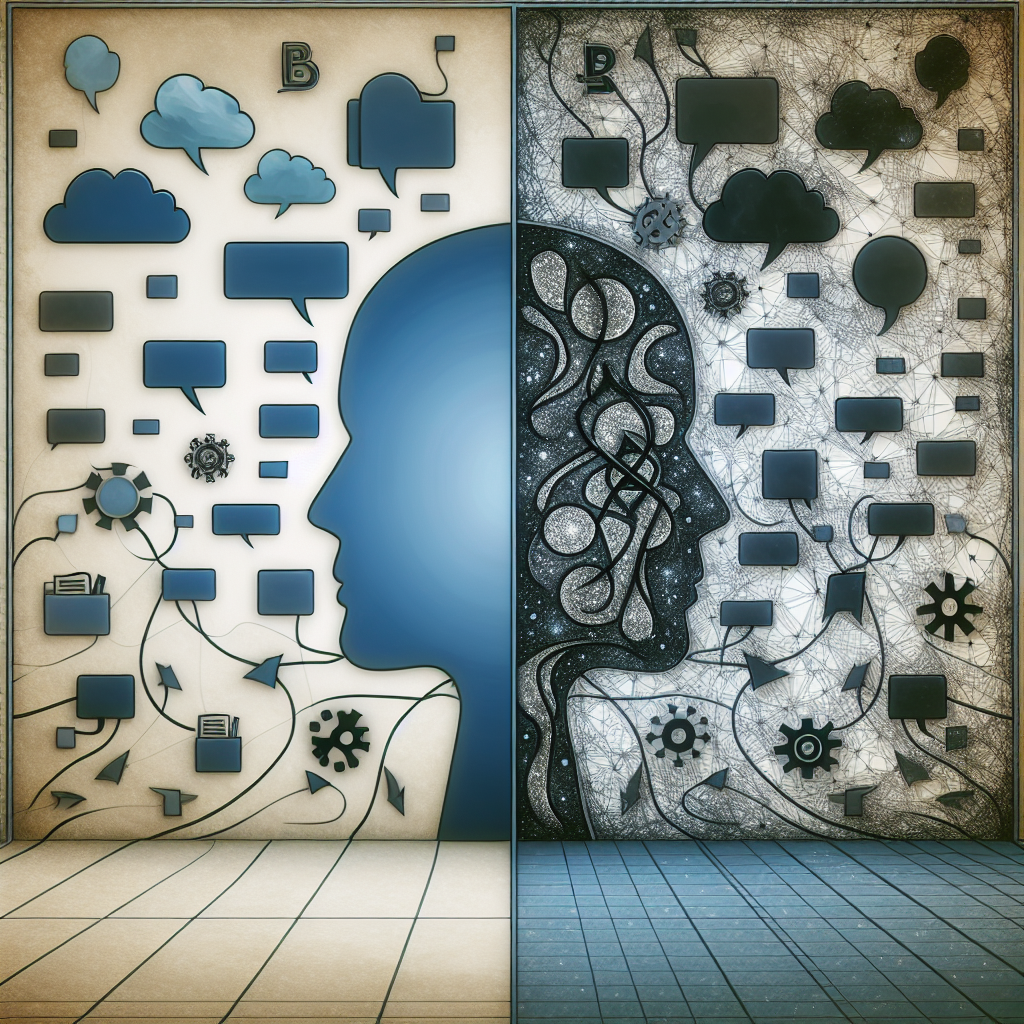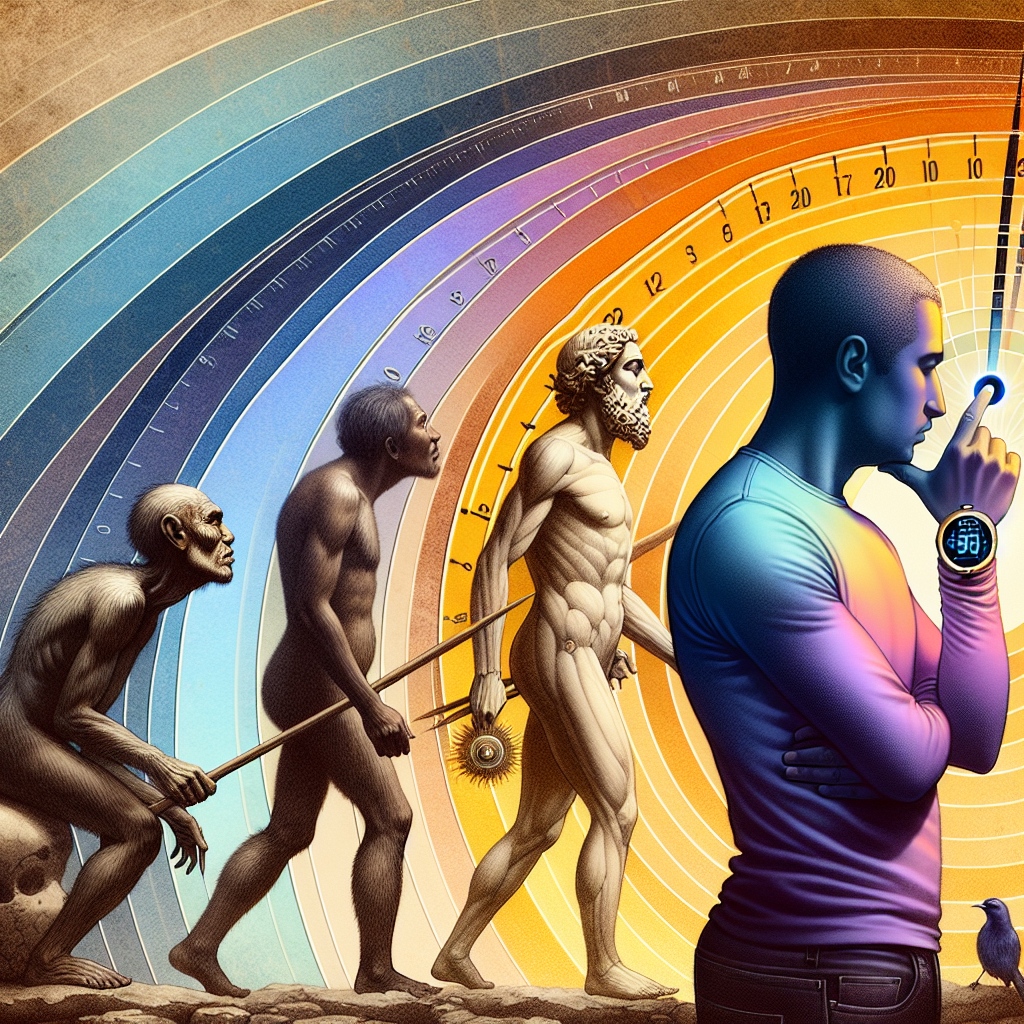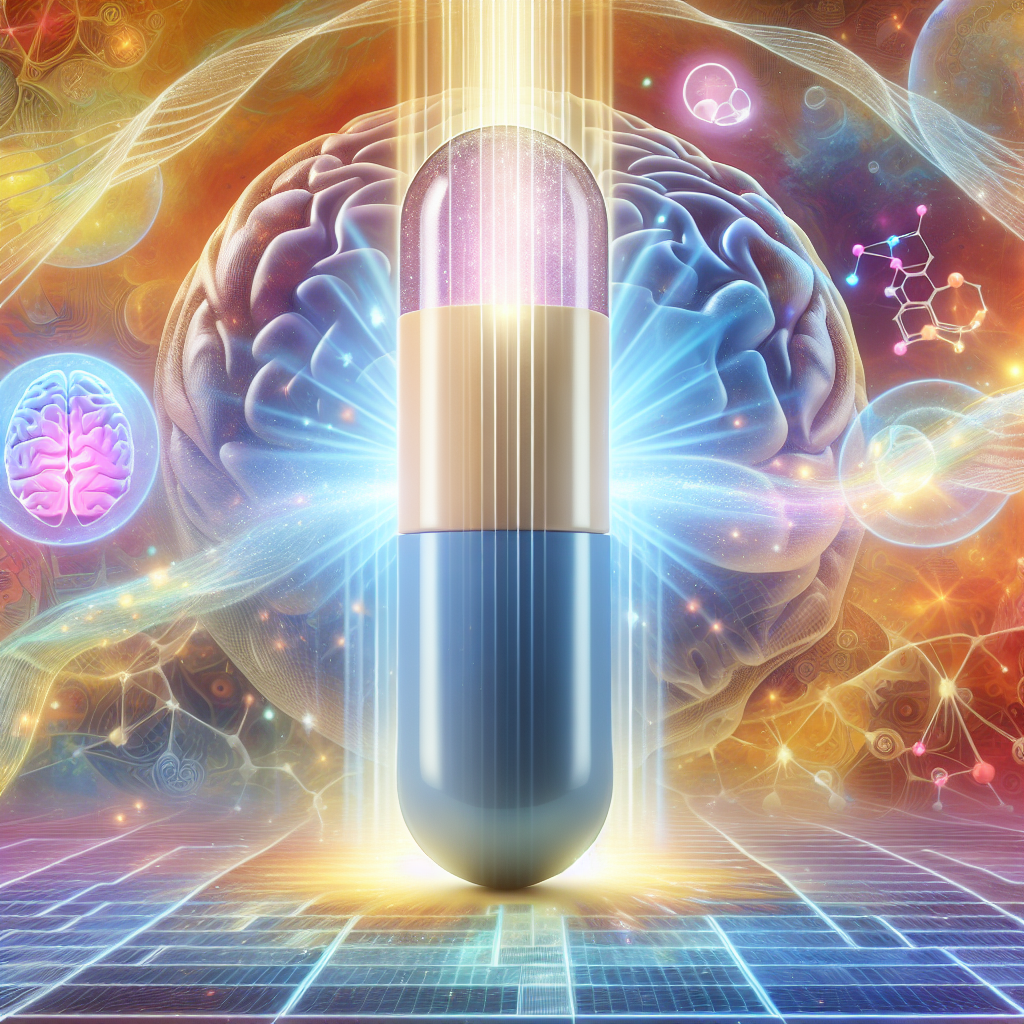Have you ever walked away from an argument absolutely certain that you were right—only to discover later that you weren’t? Don’t worry, you’re in good company. The human brain is wired in a way that constantly convinces us of our own correctness, even when the facts suggest otherwise. This fascinating (and sometimes frustrating) tendency is the result of deeply rooted psychological mechanisms designed to protect our sense of self and make quick judgments in an unpredictable world.
At the heart of this lies something called confirmation bias, the brain’s favorite trick. It’s the mental shortcut that makes us notice, remember, and believe information that supports what we already think—while conveniently ignoring or dismissing anything that challenges it. Imagine reading two articles: one supporting your opinion and one opposing it. Most people will unconsciously favor the one that aligns with their beliefs, often considering it “more logical” or “better researched.” This isn’t because we’re stubborn—it’s because our brains crave consistency. To admit we might be wrong creates cognitive dissonance, a kind of mental discomfort that the mind does its best to avoid.
But the illusion of rightness goes deeper than just selective attention. Studies in cognitive psychology reveal that confidence doesn’t always correlate with accuracy. In fact, people who are least knowledgeable about a topic often overestimate their understanding—a phenomenon known as the Dunning-Kruger effect. In essence, the less we know, the less we realize how much we don’t know. It’s why someone might feel certain about their grasp of climate science after skimming a few social media posts, while actual experts remain cautiously uncertain about complex details.
The brain also uses memory distortion to reinforce our sense of being right. Every time we recall a past event, our memory isn’t playing back a recording—it’s reconstructing the scene, influenced by current beliefs and emotions. This means that over time, we subtly edit our own memories to fit the narrative that we were right all along. You might remember saying “I told you so” in a debate years ago, even if you never did. It’s not a lie; it’s your mind tidying up the story to make sense with your present self-image.
Emotion plays a crucial role too. Feeling right often feels good. When we “win” an argument, our brain releases dopamine—the same neurotransmitter linked to pleasure and reward. That surge of satisfaction reinforces the behavior, making us more likely to defend our position the next time. This reward loop can become addictive, leading to what psychologists call belief perseverance—holding onto a belief even after clear evidence proves it wrong.
Even more intriguingly, social validation amplifies this effect. When others agree with us, our brains interpret it as proof that we’re right. This is especially potent online, where algorithms show us content similar to what we’ve already liked or shared. The result is an echo chamber, where our opinions are constantly echoed back at us until they feel like universal truth. The more we hear our ideas reflected, the more real they seem.
So, can we ever outsmart this mental mirage? To some extent, yes—but it requires conscious effort. Psychologists suggest practicing intellectual humility: actively seeking opposing viewpoints, asking “what evidence would prove me wrong?”, and recognizing that feeling confident isn’t the same as being correct. It’s also helpful to slow down our thinking. Much of this bias happens in what Daniel Kahneman calls “System 1” thinking—fast, emotional, and automatic. Engaging “System 2,” the slower, more analytical part of our mind, gives us a fighting chance to see our blind spots.
The next time you feel that surge of certainty—that inner voice insisting “I know I’m right”—pause for a moment. Your brain might just be running one of its oldest and most convincing tricks. In the end, learning to question our own certainty isn’t a weakness; it’s a sign of wisdom. Because the truly smart mind isn’t the one that’s always right—it’s the one that’s always ready to be wrong.





